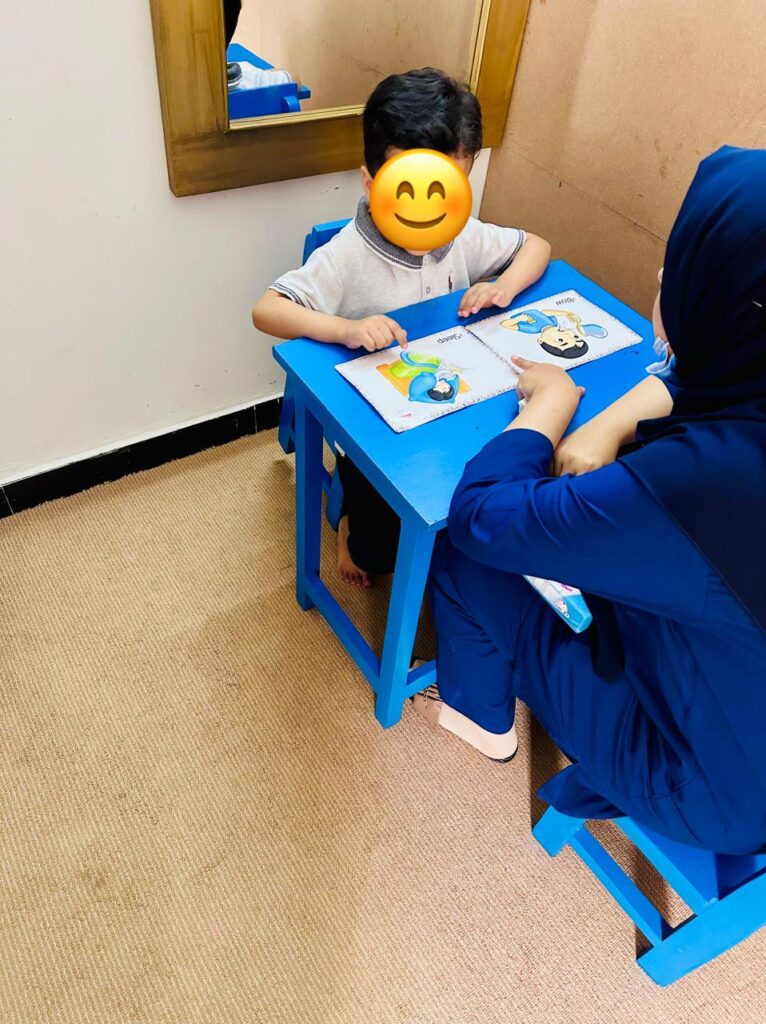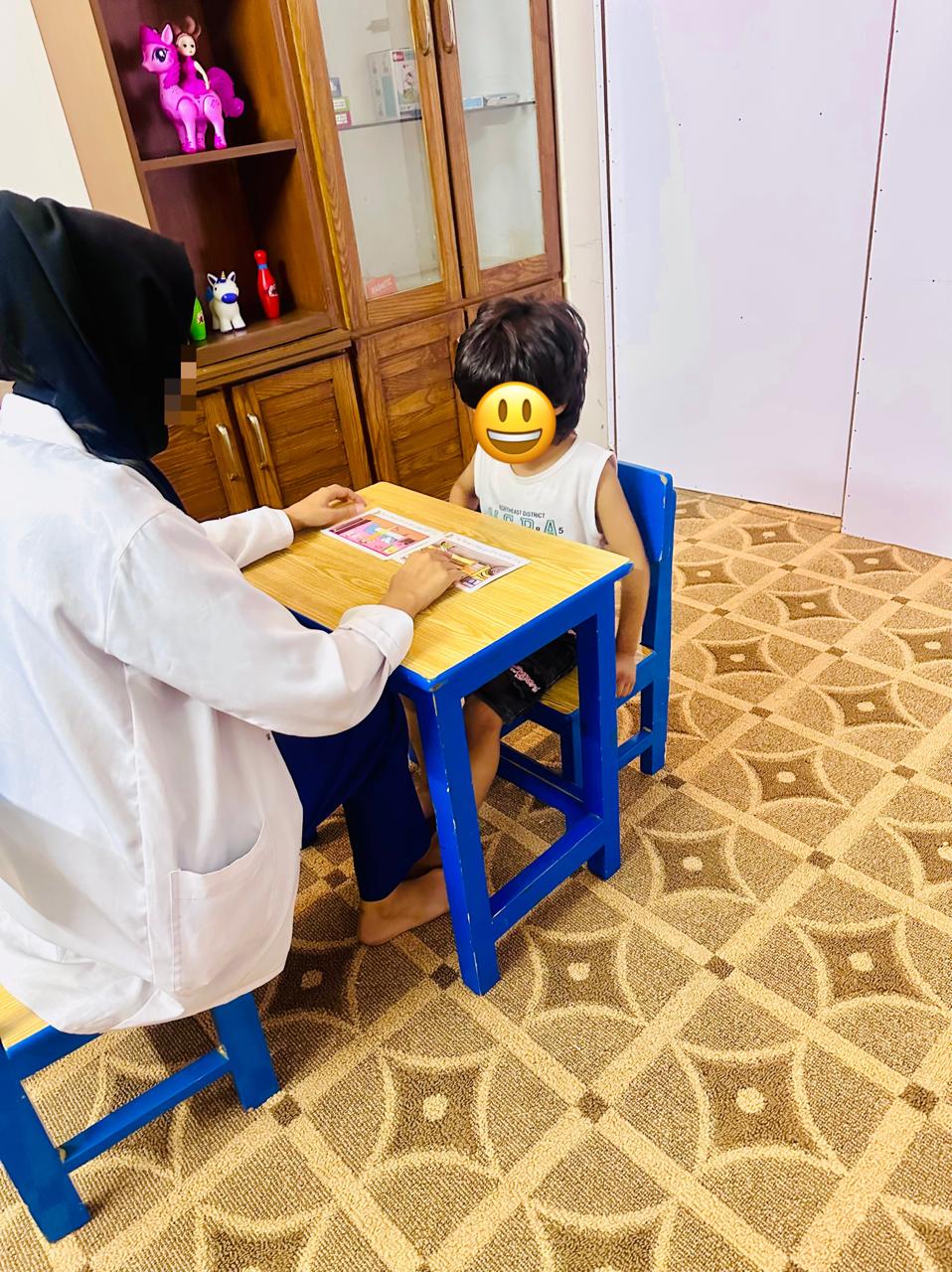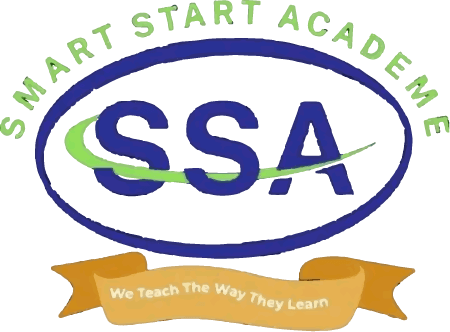Speech & Language Therapy
Confidence Begins with Communication.
At Smart Start Academe, our Speech & Language Therapy helps children express themselves clearly, confidently, and comfortably. Whether your child is struggling to form words, understand others, or communicate socially, we offer gentle, evidence-based support tailored to their unique needs.
Why Speech & Language Therapy Is Essential

- Dysphagia (swallowing difficulties)
- Receptive and expressive language disorders
- Voice disorders
- Articulation errors
- Delayed speech and language development
- Learning difficulties impacting communication
- Hearing impairment-related speech concerns
- Speech and language support for Down syndrome
- And many more individualized needs

Our Approach to Speech & Language Development
- Standardized assessments for clarity and accuracy
- Parent interviews and developmental history
- Customized therapy goals for real-world impact
- Play-based, interactive sessions that keep kids engaged
- Techniques to support articulation, fluency, and comprehension
- Ongoing support in both receptive and expressive communication
- Frequent updates and at-home communication tips
- Functional, everyday practice activities
- Therapy adjusted to reflect real-time growth
Our Speech & Language Assessment Tools
TAPU (Test for Articulation and Phonology in Urdu)
A culturally relevant assessment to identify articulation and phonological errors in Urdu-speaking children.
SASU (Specific Aphasia Screener in Urdu)
Used to screen children for expressive and receptive language disorders related to aphasia in Urdu-speaking populations.
PLS-5 (Preschool Language Scale – Fifth Edition)
Evaluates language skills including auditory comprehension and expressive communication in children from birth through age 7.
DEAP (Diagnostic Evaluation of Articulation and Phonology)
Identifies and differentiates between articulation difficulties and phonological disorders.
CELF (Clinical Evaluation of Language Fundamentals)
A widely used tool that helps assess expressive and receptive language, structure, and content for school-aged children.
Who Can Benefit from Speech & Language Therapy?

- Dysphagia (difficulty swallowing)
- Aphasia (language impairment)
- Articulation issues or stuttering
- Social communication challenges
- Difficulties following directions or storytelling
- Autism or learning difficulties
- Tracheostomy-related speech and swallowing difficulties
- CVA (Cerebrovascular Accident or Stroke)
- Dementia
- Trauma-related speech and language impairments

FAQs – What Parents Often Ask
Speech therapy can begin as early as 18 months. The earlier we start, the better the outcomes.
Yes, we primarily offer one-on-one sessions but also provide group therapy when social communication goals align. Group sessions are designed to enhance socializing capabilities, patience, and teamwork. These sessions are regularly held and are tailored to different needs, such as:
- Academic Group Sessions: Focused on improving communication and learning skills in a group setting.
- Speech Group Sessions: Aimed at improving speech clarity, articulation, and language development through peer interaction.
- Behavioral Group Sessions: Focused on developing social skills, emotional regulation, and appropriate behavior in group settings.
These group activities are specifically structured to foster socialization, increase patience, and help individuals work collaboratively, particularly for children in developing their social communication skills.
Definitely! We provide at-home exercises and guidance to reinforce therapy between sessions.
